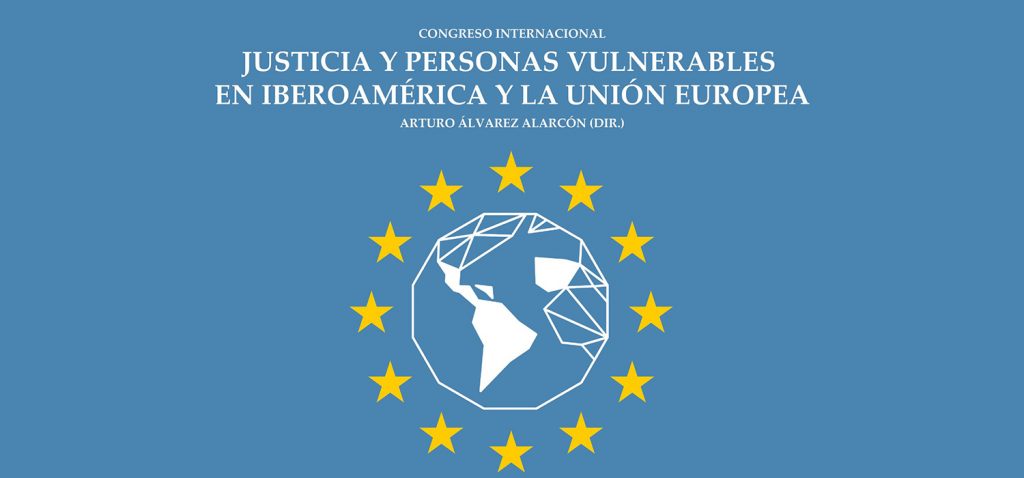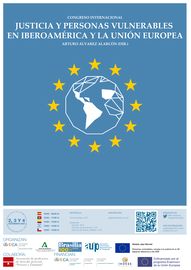Congreso Internacional Justicia y Personas Vulnerables en Iberoamérica y la Unión Europea 2 December 2020
La Facultad de Derecho y el INDESS acogerán (2 al 4 de diciembre) el I Congreso Internacional sobre Justicia y personas vulnerables en Iberoamérica y en la Unión Europea, organizado por el grupo de investigación SEJ-287 IURISDICTIO, con la colaboración de la Red de Investigadores Iberoamericanos Brasilia 100R (AUIP), del Módulo Jean Monnet sobre Personas vulnerables y acceso a la justicia en la UE y la Asociación de profesores de Derecho Procesal Proceso y Garantías.
Participan un total de 25 ponentes de numerosos países iberoamericanos, en torno a cinco mesas. En cada una de ella se tratarán de los problemas que en la realidad encuentran las personas bajo condiciones de vulnerabilidad para poder defender sus derechos. La UE y los países iberoamericanos tienen normas que los protegen, pero que frecuentemente no se corresponden con la realidad, por lo que es necesario su análisis y la propuesta de soluciones.
Además de un examen general de las normas de la UE y de las conocidas Reglas de Brasilia, se tratarán de los problemas concretos de los menores de edad y de los ancianos, de las personas con discapacidad, las discriminadas por razón de sexo o género, y las que padecen pobreza, privación de libertad o se ven obligadas a migrar.
Toda la información en https://reglasdebrasilia.uca.es



